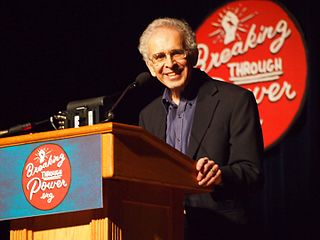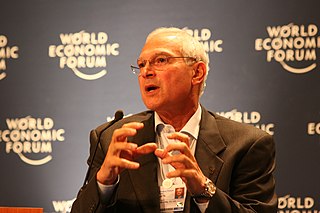A Quote by David Cohen
Consumers have zero time for products that are not simple, intuitive, and attractive to use. This is especially true with Internet products, where clean and useful design is a prerequisite to keeping anyone on your site for more than 30 seconds.
Related Quotes
We are focused on features, not products. We eliminated future products that would have made the complexity problem worse. We don't want to have 20 different products that work in 20 different ways. I was getting lost at our site keeping track of everything. I would rather have a smaller set of products that have a shared set of features.
Consumers are realizing the benefits of in-car entertainment and navigation systems. When used properly, these products are great tools that help drivers focus on the road. Consumers need to remember to follow state laws, watch the road and use common sense when putting these and other products to work.
Consumers will purchase high quality products even if they are expensive, or in other words, even if there are slightly reasonable discount offers, consumers will not purchase products unless they truly understand and are satisfied with the quality. Also, product appeal must be properly communicated to consumers, but advertisements that are pushed on consumers are gradually losing their effect, and we have to take the approach that encourages consumers to retrieve information at their own will.
We use similar products. Our focus industry is healthcare and hospitality. But we haven?t done anything interactive. The first day full of seminars is full of things I thought would be useful: quick service restaurant and mobile phone applications. Businesses are providing more services and products by self-service means.



































